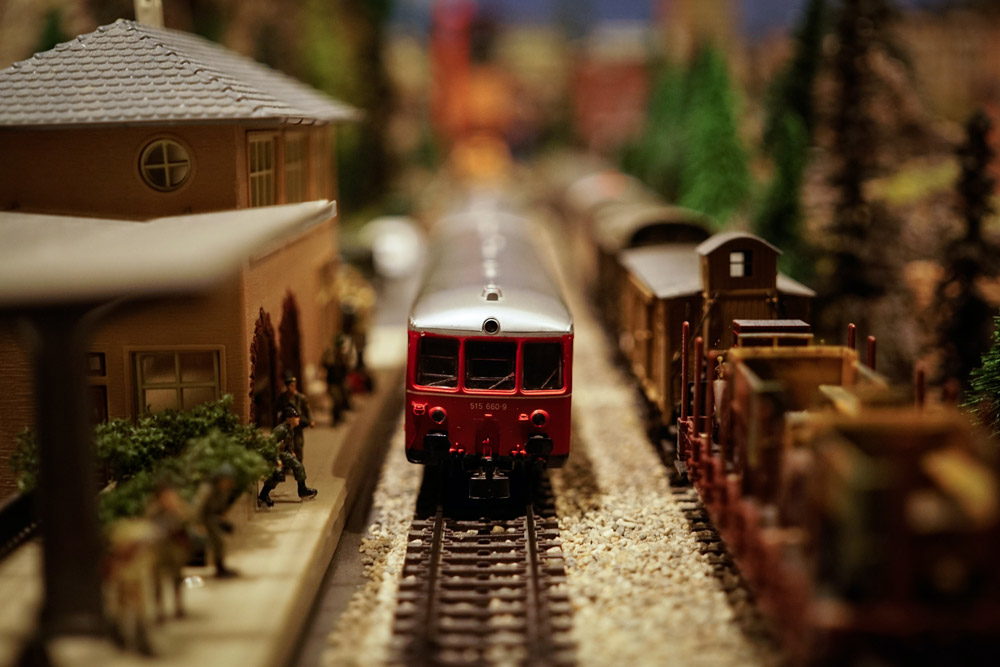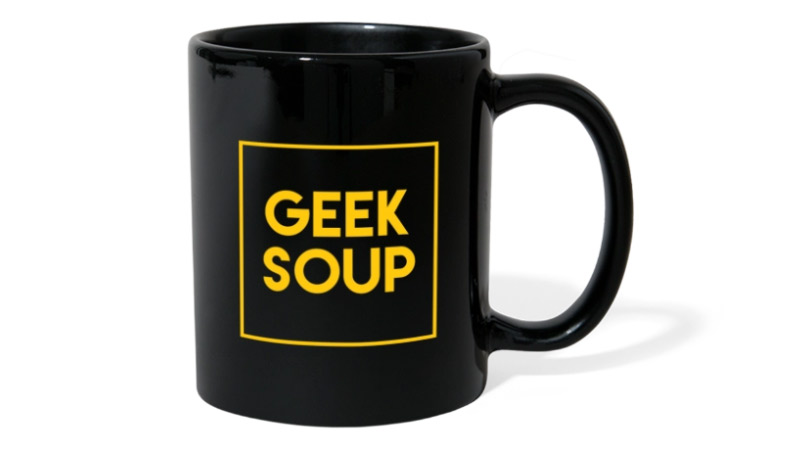Hornby Train Sets: A Brief History of Toys

Hornby Train Sets are much loved by adults and children alike, and hobbyists invest thousands of hours (and pounds) on perfecting their railways and scenery. But where did the company start, how old is it, and what’s it’s story?
It started with Meccano
Frank Hornby was a clerk from Liverpool. In 1901, he invented an exciting new construction toy that he called ‘Mechanics Made Easy,’ which soon became known as Meccano. Hornby set up a factory in Liverpool, where they started to produce Meccano sets.
In 1920, the company released a 0 gauge model train with a clockwork motor. To differentiate it from the construction sets, it was branded under the name Hornby Trains with the slogan, ‘British and Guaranteed.’
Going electric
Five years later, in 1925, Hornby Trains released its first successful electric model, which used a high voltage of 110 volts of AC power.
By the early 30’s, a 20V AC system was introduced. However, the majority of Hornby’s models remained clockwork.
Crashing in America
In 1927, Hornby Trains tried to tackle the American market by setting up a factory in New Jersey, where they began making colourful American-style trains. However, the trains did not sell well, and the Wall Street Crash put a nail in the coffin, resulting in Hornby selling its New Jersey factory.
Business at the Liverpool factory was booming, however, and Hornby Trains were exported plentifully to Australia, New Zealand, Argentina and Scandinavia.
Hornby Dublo
In 1938, two years after its founder Frank Hornby died, Meccano released a new scale of model trains – one that is much more compact, and is most recognisable and most widely sold today – the OO gauge.
To differentiate it from its O gauge line, it was named Hornby Dublo. All trains in this range were electric, and the company moved away from clockwork motors.
Between 1940 and 1948, production was almost at a standstill due to World War II.
The company enjoyed great success in the first half of the 1950s, with production back up to full capacity after the way, and train sets flying off the shelves.
However, heading towards the 60’s, the company’s sales slowed down as it faced stiff competition from rival toy railway manufacturers Tri-Ang Railways.
Tri-ang Hornby
Lines Bros Ltd, the parent company of Tri-Ang Railways, bought Meccano Ltd in 1964. They then merged railway companies Tri-ang Railways and Hornby Trains to create a really inspired new brand name: Tri-ang Hornby.
Hornby’s former catalog of trains – which had mostly been tin plated – were dropped in favor of Tri-ang’s cheaper plastic designs were used going forwards, which lowered cost.
Any leftover O gauge trains – which were largely clockwork and metal – were either scrapped or sold to Hattons, which was the local retailer.
Tri-ang Hornby then went on to produce plastic electric OO gauge train sets until 1972.
Hornby Railways: It’s all in the details
Line Bros Ltd, who owned the Tri-ang group, went bust in 1971. Tri-ang Hornby was sold to Dunbee-Combex-Marx, who renamed it to Hornby Railways in 1972.
Throughout the 1970s, Hornby Railways was troubled by two more companies; Airfix and Palitoy. Both were producing highly detailed construction models of a vast range of vehicles, and thus were stealing valuable custom from adult hobbyists.
This led Hornby Railways to begin to increase the detail and quality of their trains.
Hornby Hobbies Limited
New owners Dunbee-Combex-Marx went into liquidation in 1980, and Hornby became Hornby Hobbies. In 1981 there was a management buyout, and the company went public in 1986.
Hornby relocated from Britain to China in 1995 to cut costs, which helped to boost its profits.
Films, TV and… steam?
Hornby scored big when it based train sets on Thomas the Tank Engine and the Hogwarts Express from the Harry Potter Series.
In 2003, the company also released its first steam-powered model; depicting the Mallard, which created huge PR for Hornby Hobbies and boosted sales.
Welcome to the family
In the years that followed, Hornby Hobbies acquired many of its rivals in the hobbyist model market.
This mass acquisition of companies included:
- Scalextric, which produces electric race track sets with high quality car models
- Airfix, which produces model construction kits of various vehicles and aircraft;
- Humbrol, which produces a huge range of high quality model paints;
- Corgi, which produces die cast models of vehicles.
Financial worries
In 2015, the turnaround specialist Phoenix Asset Management acquired the majority share of Hornby Hobbies Limited, after the company declared huge drops in sales.
Sip in style…
Check out our brand new Geek Soup mug, with our funky retro logo! Dishwasher friendly, it’s perfect for everything from your morning coffee to your evening cocoa..

Get it here: Geek Soup Mug, £11.99
